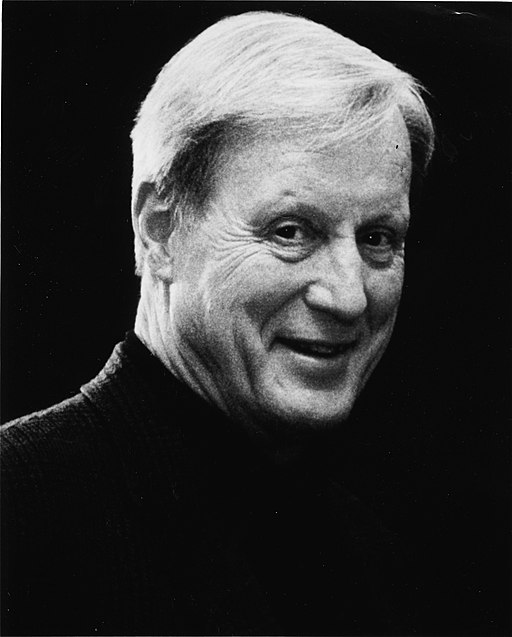Authors:
Historic Era: Era 10: Contemporary United States (1968 to the present)
Historic Theme:
Subject:
Summer 2021 | Volume 65, Issue 5


Authors:
Historic Era: Era 10: Contemporary United States (1968 to the present)
Historic Theme:
Subject:
Summer 2021 | Volume 65, Issue 5
It was the Ides of March, 1971, when a senior editor in the New York Times Washington Bureau told me to head for New York for a Vietnam project and to take clothes for a few days. His cryptic instructions were for me to meet Neil Sheehan, our Pentagon correspondent, at the Hilton Hotel in mid-town Manhattan. No details.
I sensed something was up but that was not unusual since Neil and I had worked hush-hush projects before. But when I walked into the hotel room, Sheehan exploded like a thunderbolt.
”Rick, we got it!” he burst out. “We’ve got the whole damned story.”
For the next three months, Sheehan and I holed up like monks in an 11th floor hotel suite, wary of phone taps, avoiding contact with colleagues, sources and even family, hoping the mass anonymity of a New York hotel would hide us from the FBI as we covertly plumbed 7000 pages of TOP-SECRET, EYES ONLY government documents with bombshell revelations that would tell the inside story of the Vietnam War and blow wide open future relations between the media and the government. We
We knew the risks, that if we were found out, we faced prosecution. And so we were on high alert. Neil had registered our suite in the name of Gerald Gold, the Times’s deputy foreign editor. When we ordered room service, we were “Mr. Gold.” That’s how we answered the phone.

Neil was sure that if we used our own names, the F.B.I. would find and arrest us before we could get the Pentagon Papers into print.
Naïvely, I told Neil that I didn’t think the American government would stoop to tapping the phones of American reporters unless they suspected us of espionage — only to learn two years later that the F.B.I. had already tapped my home telephone in 1969 because President Nixon and Secretary of State Henry Kissinger were infuriated over leaks that wound up in my Times reporting. And those stories were mere hand grenades compared with the kilotonnage that Neil and I now had in our hands.
We found eerie echoes and confirmation of stories that we had been tracking for years. Our reporting partnership began seven years earlier in Saigon, when Sheehan was a one-man bureau for United Press International, and I was sent to Vietnam to replace the Times’ correspondent David Halberstam.
Vietnam built camaraderie among reporters. Sheehan and Halberstam formed a working partnership, with Halberstam covering the guerrilla war out in the Mekong River Delta while Sheehan covered military briefings